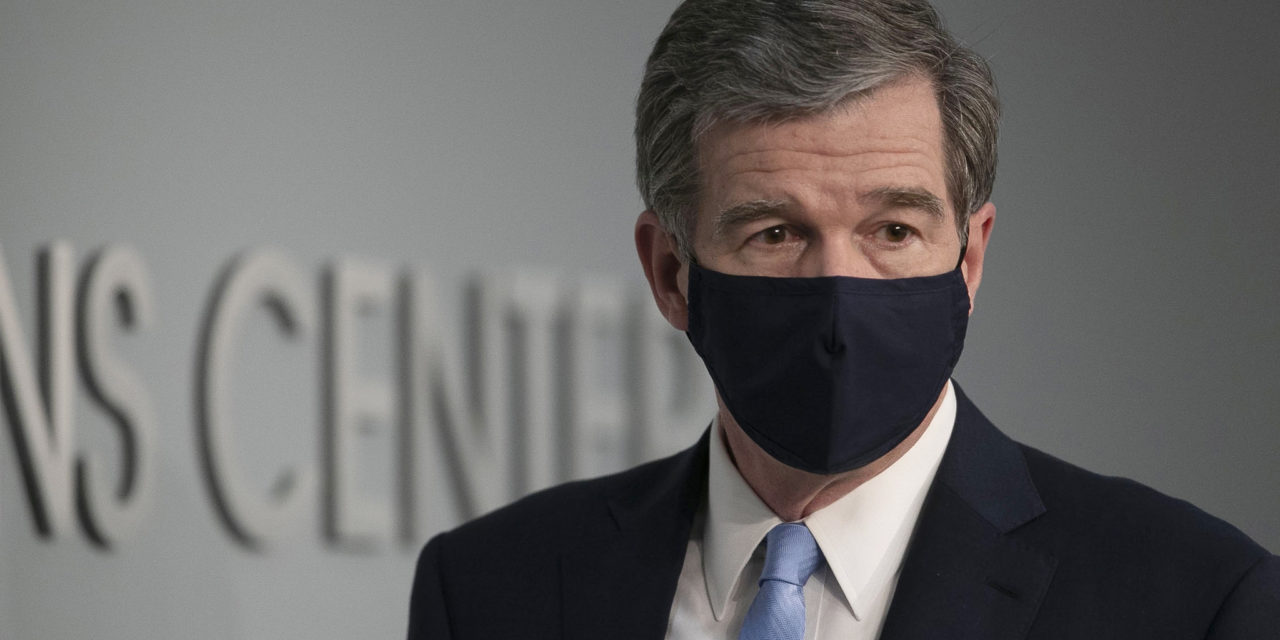North Carolinians will soon get some much-needed relief to help pay their rent and utility bills through three new programs.
Democratic Gov. Roy Cooper unveiled a new program Tuesday to give residents $94 million to prevent evictions and reduce electricity costs. An additional $53 million will be available to families that are homeless or face an immediate risk of becoming homeless. Another $28 million will be administered by local governments with less than 50,000 residents and counties with fewer than 200,000 residents to further help their community members pay for rent and outstanding utility bills.
“People need a safe, stable place to call home, especially during this pandemic, and we must help keep people in their homes and keep their utilities on while our economy recovers,” Cooper said in a statement.
Local governments can apply for their share of the $28 million available. Applications will be made available to the public for the remaining money in the coming weeks, according to Cooper’s office.
The announcement comes as North Carolina grapples with a large uptick in coronavirus cases across many college campuses. During the second week of classes, the proportion of COVID-19 tests coming back positive at the University of North Carolina at Chapel Hill was 32.2%, up from 13.6% during the first week of classes and 2.8% the week before in-person learning.
Mandy Cohen, secretary of the state’s Department of Health and Human Services, said at a news conference on Tuesday that she wants colleges to more strictly enforce their honor codes by punishing students who participate in large, off-campus parties. Cooper’s executive order limits gatherings to 10 people indoors and 25 people outdoors.
“This is about making sure that the guidance that we have on paper turns into the implementation that we need to see, and we need to see the universities do that … to make sure students, whether on or off campus, are abiding by that guidance and the protocols to keep them and their communities safe,” Cohen said.
Since UNC-Chapel Hill resumed classes on Aug. 10, at least 635 students have tested positive for the coronavirus. North Carolina State University has reported 258 cases in the same period. At East Carolina University, 291 students got the coronavirus between Aug. 9 and Aug. 22. By Wednesday, all three campuses will have halted in-person classes for undergraduate students.
UNC-Charlotte begins classes Sept. 7 with online-only instruction. In-person classes for both undergraduate and graduate students is delayed until Oct. 1.
The four campuses that have shut down in-person learning to undergraduate students represent the four largest public colleges and universities in the University of North Carolina System in terms of undergraduate enrollment.
Thousands of students across the state have left their dorms and are about to get prorated refunds for housing and dining costs, which will put the already-worried UNC System in greater financial distress.
Jennifer Haygood, chief financial officer for the UNC System, pleaded with state lawmakers on Tuesday for $100 million in “flexible funding.” The state’s community college system requested $76.6 million, while a group of 36 independent colleges and universities in the state wanted $51 million.
“There are going to be significant financial ramifications of that need to pivot (to fully remote classes),” Haygood said.
North Carolina remains in Phase 2 of its reopening plan through 5 p.m. Sept. 11, which Cooper extended by five weeks in order to monitor what would happen at colleges and K-12 schools. Cohen signaled yet another extension of Cooper’s executive could be in store, as COVID cases have bumped slightly higher since schools reopened and daily testing on Tuesday reached its lowest point in more than a month.
Photo via the North Carolina Department of Public Safety.
Related Stories
‹
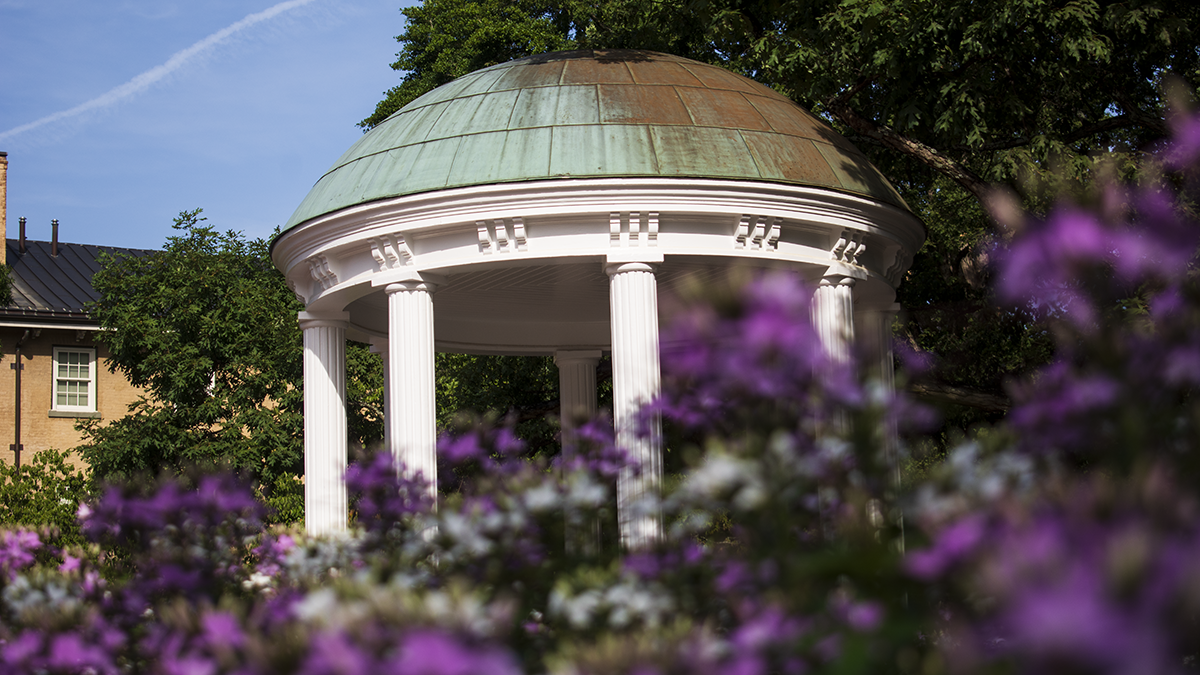
Cooper Signs Bills Granting Universities Immunity Over COVID-19 Tutition Claims, UNC-CH Construction FundingGovernor Roy Cooper has been signing and vetoing bills from the North Carolina General Assembly’s most recent session this week. Two he recently approved protect universities from legal claims over coronavirus-related closures and give additional funding to UNC-Chapel Hill capital development projects. Among the 24 bills ratified by the governor on Wednesday, Senate Bill 208 […]

Gov. Cooper Announces Executive Order Giving North Carolinians More Eviction ProtectionNorth Carolina’s government recently launched a new rental assistance program called NC HOPE to aid those struggling to pay rent and utility costs amid the coronavirus pandemic. On Wednesday, Governor Roy Cooper announced another step to helping North Carolinians in need stay in their homes. Cooper signed a new executive order adding protections against eviction […]
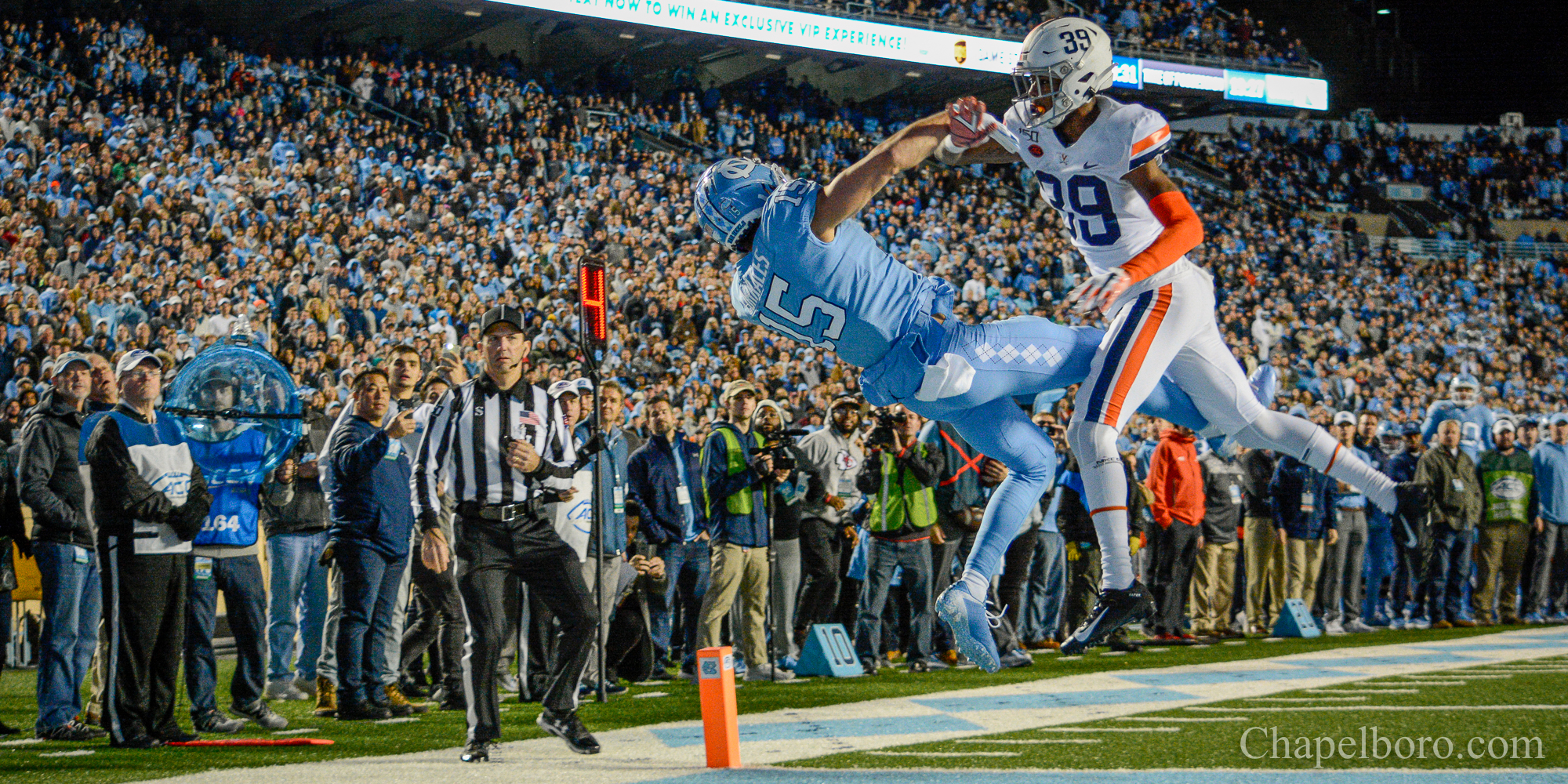
Report: Parents of UNC Football Players to be Allowed at Remaining Home GamesAfter campaigning to be allowed into Tar Heel football games, parents of UNC players may have now gotten their wish. A report from Inside Carolina on Friday said parents and family members of the football program received an email from head coach Mack Brown sharing the new attendance policy, a change from around 50 fans […]
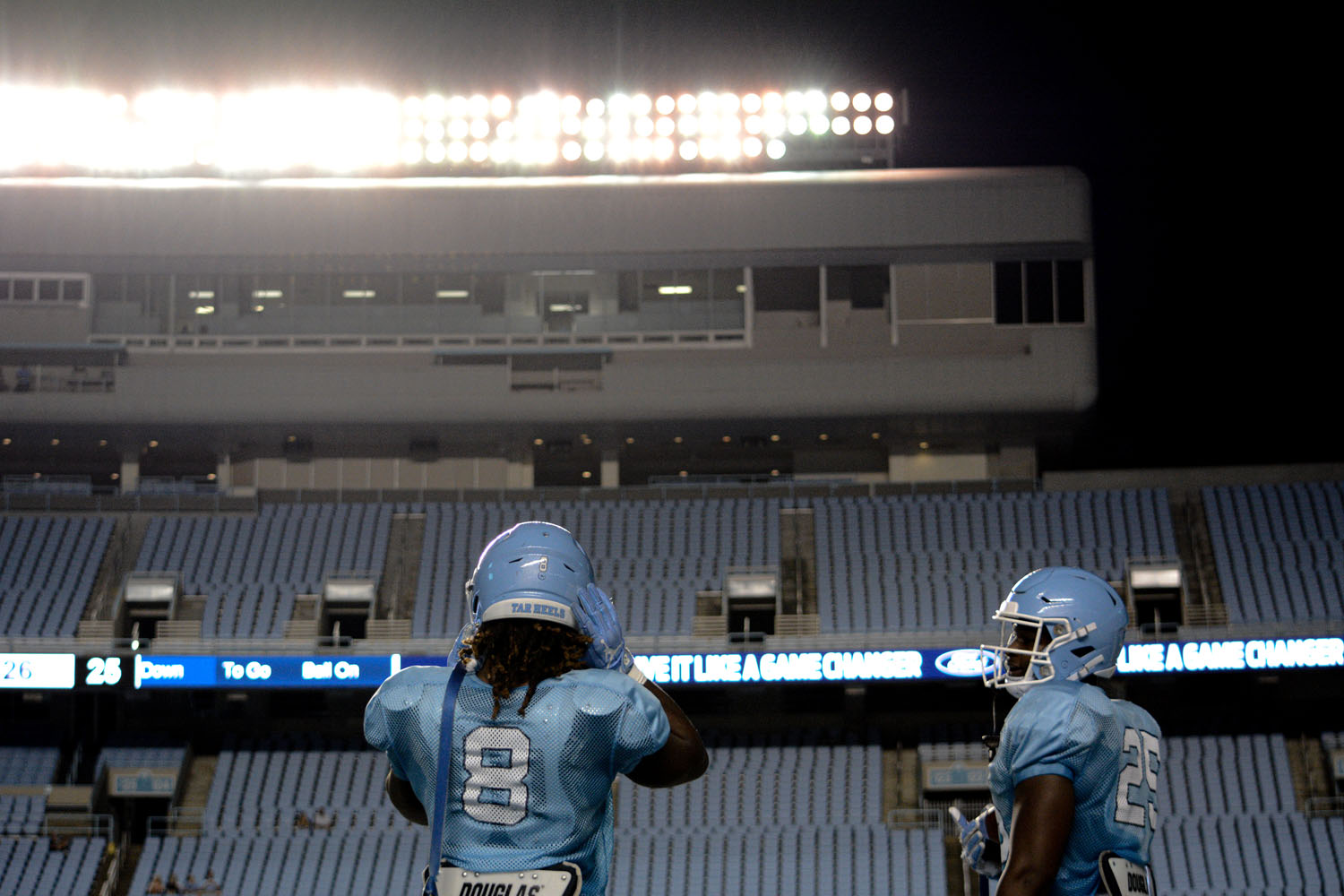
As UNC Football Returns, Parents Push to See Their Kids PlayUPDATE: This article has been updated with information regarding the Governor’s Office’s response to UNC’s request to allow parents into football games. Pat Crowley has been the only other football head coach in his son Will’s life beside UNC’s Mack Brown. He didn’t miss any of his son’s games through either middle school […]
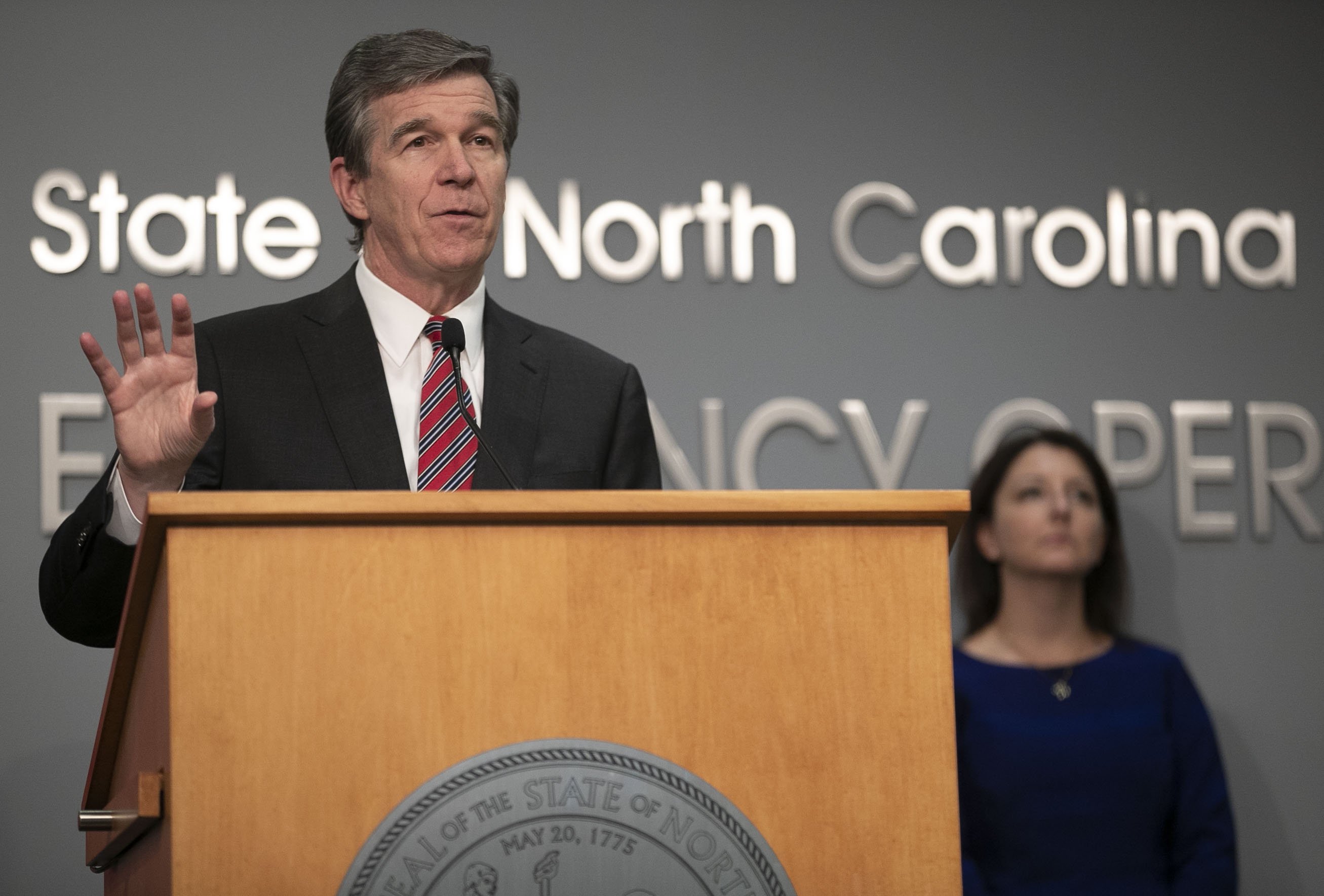
Cooper's Budget Proposal Includes Medicaid Expansion, BondsNorth Carolina Gov. Roy Cooper recommended to legislators on Wednesday how to spend the state’s remaining COVID-19 federal relief dollars, mainly for public health, K-12 schools and local governments. But the Democrat also wants to adjust now the annual state government spending plan that began July 1. He’s asking to spend $559 million more in […]
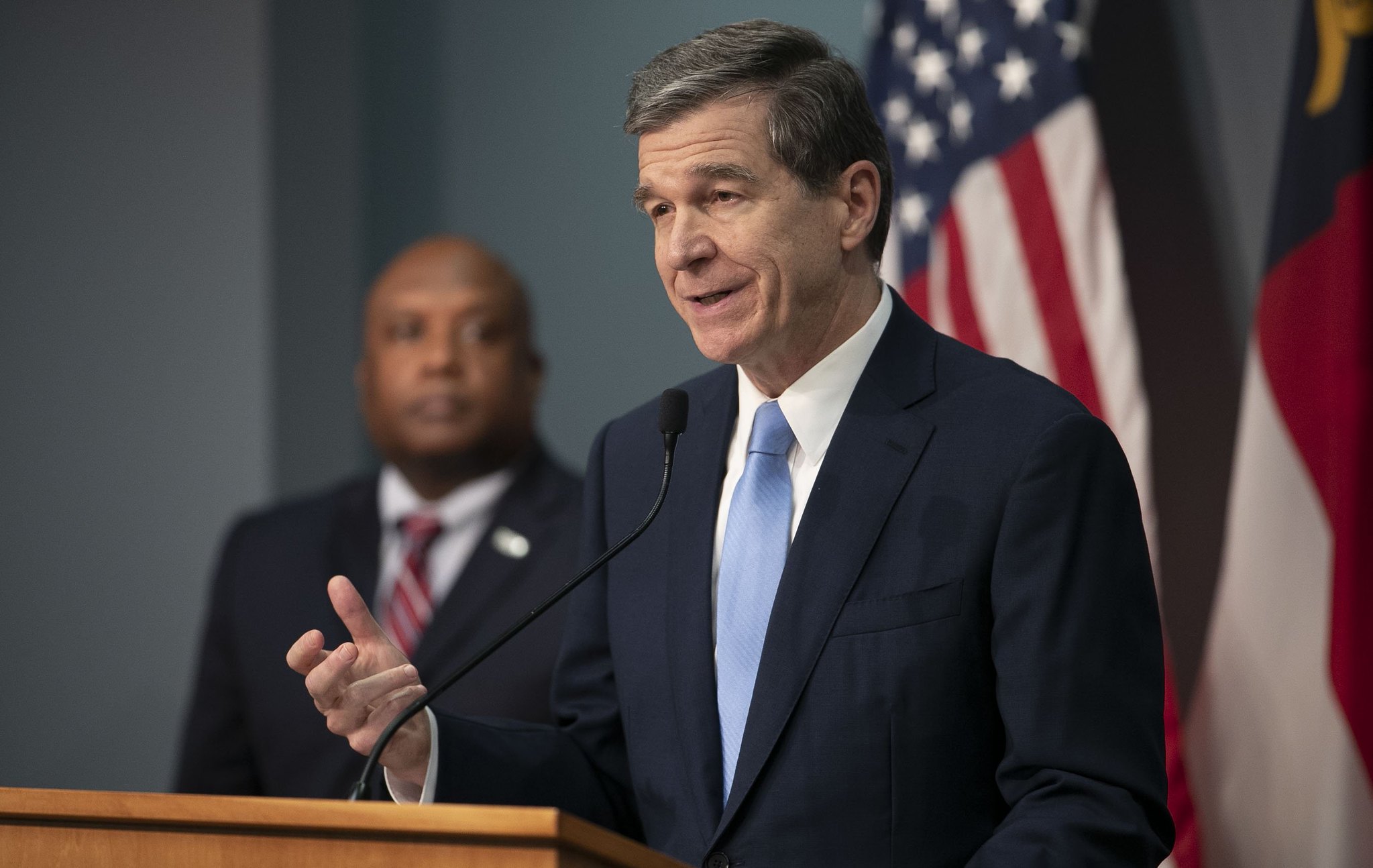
Gov. Cooper Extends Hold on Utility Cutoffs, Implements Hold on EvictionsGovernor Roy Cooper recently created an order preventing landlords from evicting residents due to late rent payments, as well as extending an already-existing hold on utilities shutting off services to customers. The governor signed the executive order enacting the moratoriums on Saturday. The measure prevents landlords from initiating summary ejections or other eviction proceedings for […]
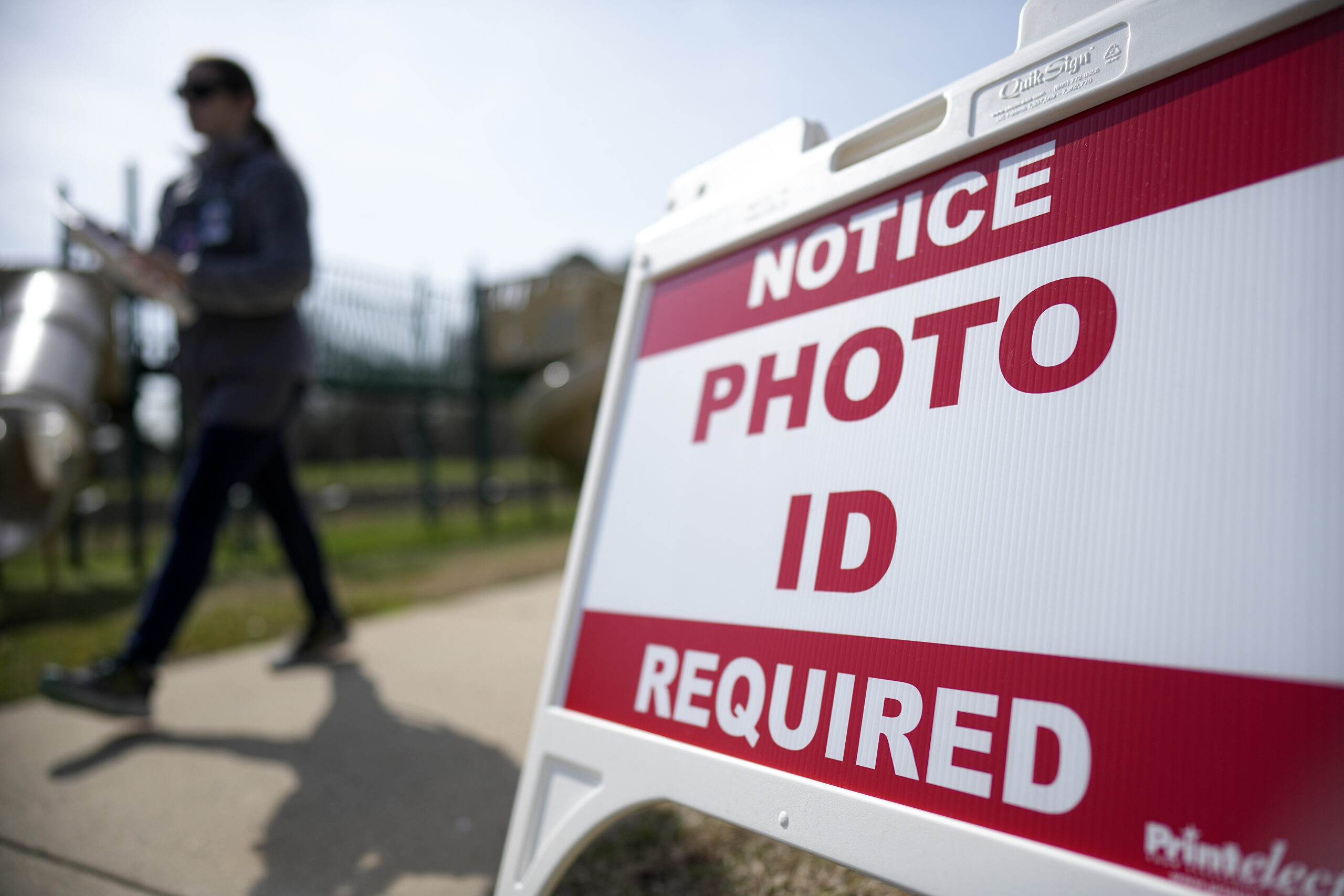
North Carolina Elections Board OKs University ID on Phones for Voter Access This FallThe North Carolina elections board on Tuesday approved the first digital identification that can be used to meet state voter ID requirements.

Court OKs Dismissing UNC Student Suit Seeking Virus RefundsWritten by THE ASSOCIATED PRESS A trial judge was correct to dismiss a lawsuit filed by then-University of North Carolina students seeking tuition, housing and fee refunds when in-person instruction was canceled during the 2020 spring semester as the coronavirus pandemic began, the state Court of Appeals ruled Tuesday. Several students at UNC system campuses and […]
![]()
On Air Today: Mimi Chapman with the Coalition for CarolinaThe Coalition for Carolina is hosting a webinar on university governance at UNC next week, which includes two former UNC chancellors providing their insights. Mimi Chapman, leader of the organization and Chair of the UNC Faculty, joins 97.9 The Hill’s Brighton McConnell to discuss the panel and the coalition’s goals.
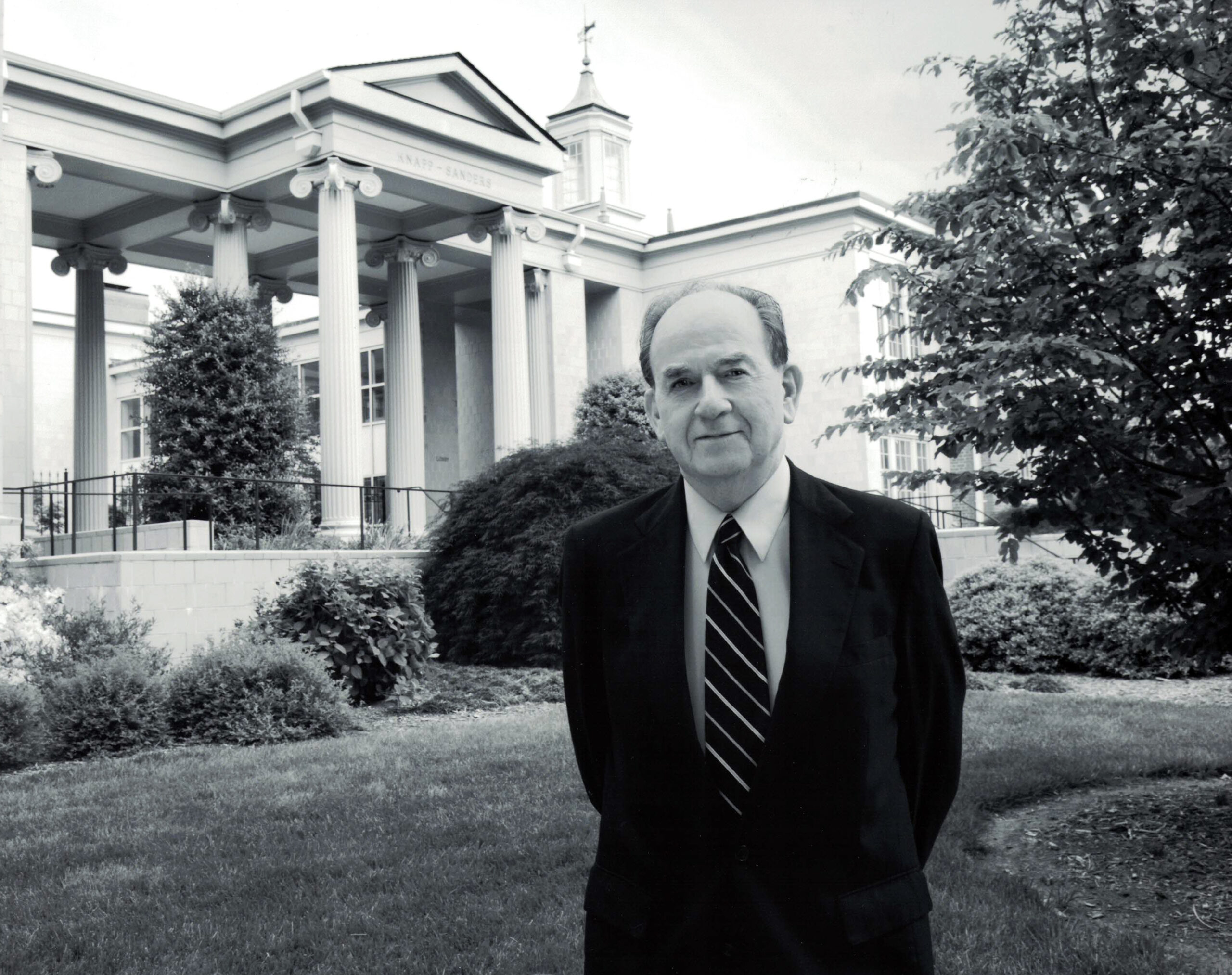
John Sanders, Former UNC School of Government Director, Dies at 94John Sanders, the former director of the UNC School of Government and a key player in the creation of the University of North Carolina System, died on Wednesday, September 22. He was 94 years old. The UNC School of Government shared a release announcing the passing of Sanders, who worked as its director from 1962 […]
›

